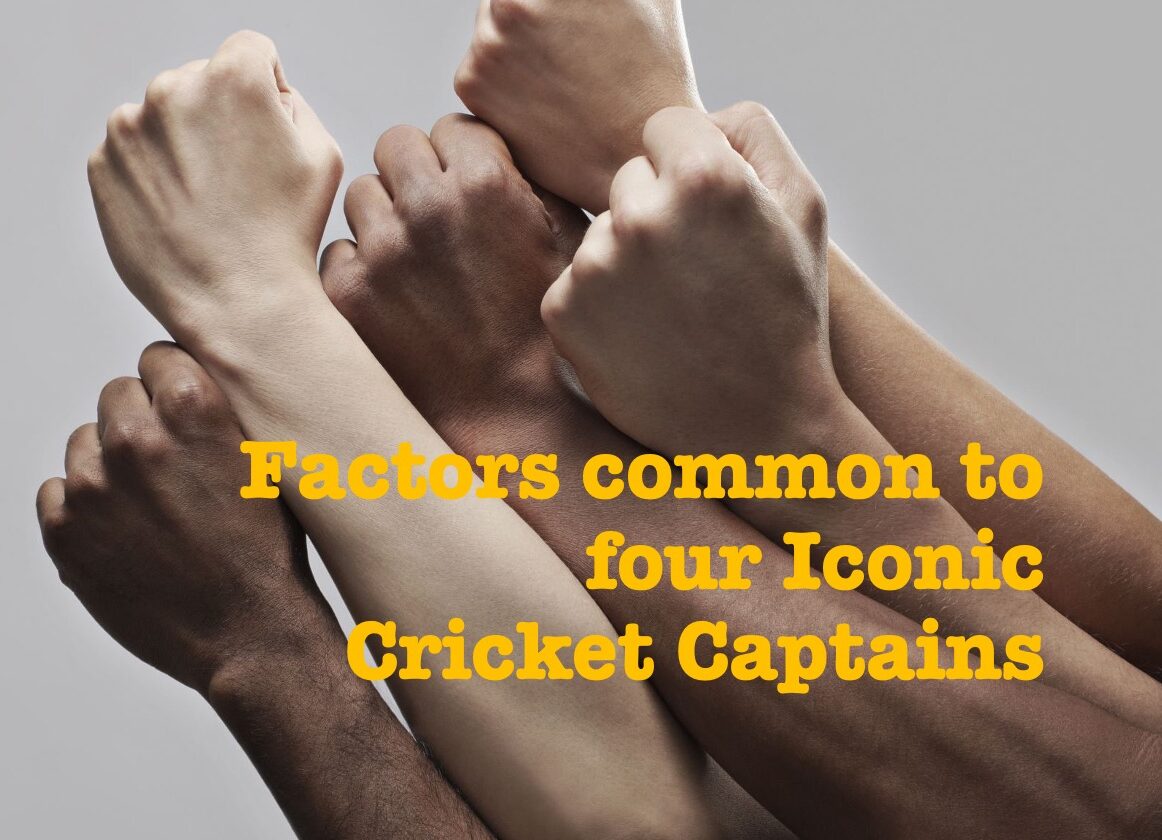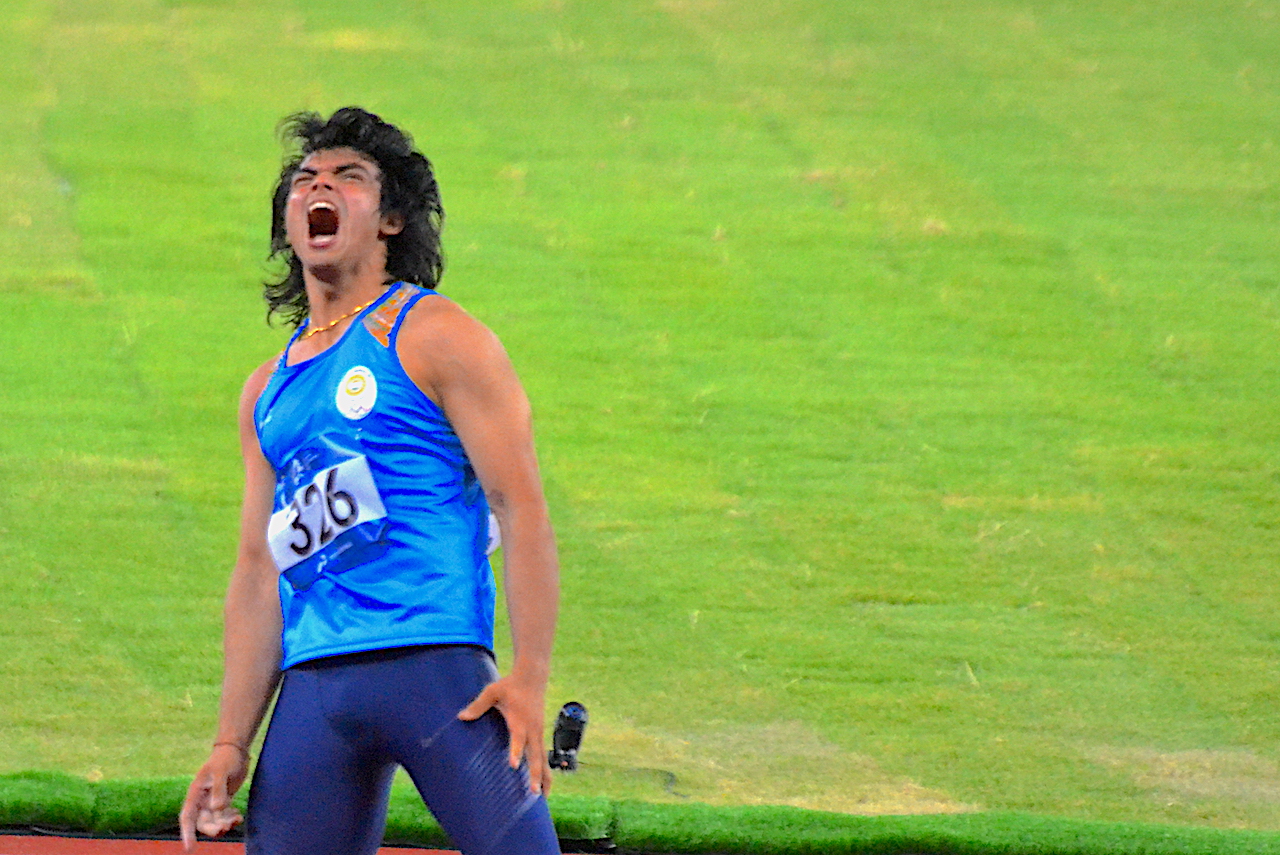A blank from the first 12 starts in the Olympic Games shooting competition in Tokyo. Just one finalist. Surely, it is not what fans of Indian shooting expected from the contingent. Is this Rio redux or will it end up being worse? There is time before we have the answer to that conundrum but the sounds emerging are no longer whispers but loud expression of disappointment.
Saurabh Chaudhary finished seventh in the Men’s 10m Air Pistol final and pairing up with Manu Bhaker, he enabled the 10m Air Pistol Mixed Team finish seventh in the two-stage qualifying. And those who swore by scorecards and excel sheets in expecting the youngsters to deliver medals have been left shocked and disappointed.
The National Rifle Association of India President Raninder Singh has already gone on record as saying that there would be a complete overhaul of the coaching staff after the Olympic Games. “We have done whatever was humanly possible to prepare this squad, followed every advice of Rio review committee,” he told Hindustan Times.
So then, what is it that stopped the Indian teenagers Saurabh Chaudhary and Manu Bhaker from getting closer to the elusive Olympic medal? After all, these teenagers are the ones who have delivered the two best performances by Indian shooters in the Asaka Shooting Range in Tokyo.
We shall get to that in a moment after taking note of some other factors that could have played a role in the way things have panned out. Was the squad hurt by having too many coaches in the final weeks of preparation? Did the shooters lack focus in the run up to Tokyo2020 as some say? Did they train with reserve weapons? Did they train specifically for finals?
A deeper soul-searching can wait as there are four more starts for India’s shooters, but some pointers are evident and can be articulated now. And, while they have enticed pressure to be their companions with consistent performances in the ISSF World Cup events, the one thing that springs forth is in the perceived ability to handle pressure at critical moments.
Manu Bhaker is reported to have said she put pressure on herself by being desperate to win. Sport can be cruel when the focus is on the outcome rather than on the process. Contrast the teenagers’ mental approach with the thoughts that occupied Abhinav Bindra’s mind when he made history by claiming the 10m Air Rifle gold medal in Beijing in 2008.
“Competition is beautiful, you’are in it, involved, on a high, it’s the waiting that gnaws at the nerves,” writes Abhinav Bindra’s classic book A Shot At History. As he relives the half-hour between the qualifying round and the final in the 2008 Olympic Games, he reveals that his mental conditioning coach Amit Bhattacharjee was with him, saying the right things.
Even as his weapon was being checked again, coach Gabriele Buhlmann talks to him as if he had already won – preparing his mind for success by speaking of the medal ceremont, the dope test and the media conference. But the last thing she reminded him of why he was in Beijing, of who he was and to be aggressive.
It is a thin line between aggression and desperation. And the presence of a sports psychologist to support the athletes and the coaches in driving the conversations in the shooters’ minds at the critical moment – between the 10m Air Pistol men’s individual qualifying round and the final and between the two stages in the 10m Air Pistol Mixed Team event.
In the Men’s individual event, Saurabh Chaudhary headed to the final after topping the qualifying round. It is quite possible that this would have created some additional pressure. The eagerness to get on with it so that he could remain in the flow can have had the opposite effect even on the calmest minds.
While one does not quite know yet how the coaching staff steered the conversations in Saurabh Chauhdary’s mind in the vital hour, ideally, those around him should have used the time between the qualifying round and the final to assess if he were over-anxious to be able to funnel that with the right verbal and emotional triggers.
It is not as if the shooters have not engaged with sport psychologists. Manu Bhaker, for sure, has engaged one. But it is one thing for such a coach to be around in flesh and blood and altogether another for the coach to interact through digital means. And, in the absence of the sports psychologist, it would be up to the coach to take on that additional role as well.
However, that would be asking for too much and, at once, contrasting the very premise on which the athletes seek the assistance of sports psychologists. Admittedly, the Olympic Games in Tokyo is unique for the restrictions placed on interaction between those in the Games Village and those who are out. But the support team should have included a sports psychologist.
As pointed out, there could be many factors in the way of the shooters delivering their best performances in Tokyo2020. One thing that everyone must guard against is knee-jerk reactions to the outcomes so far but for India’s thought leaders in the sport to put their wise heads together and find a solution that can extend World Cup dominance to the Olympic Games.
This piece first appeared in The Quint on July 27, 2021


